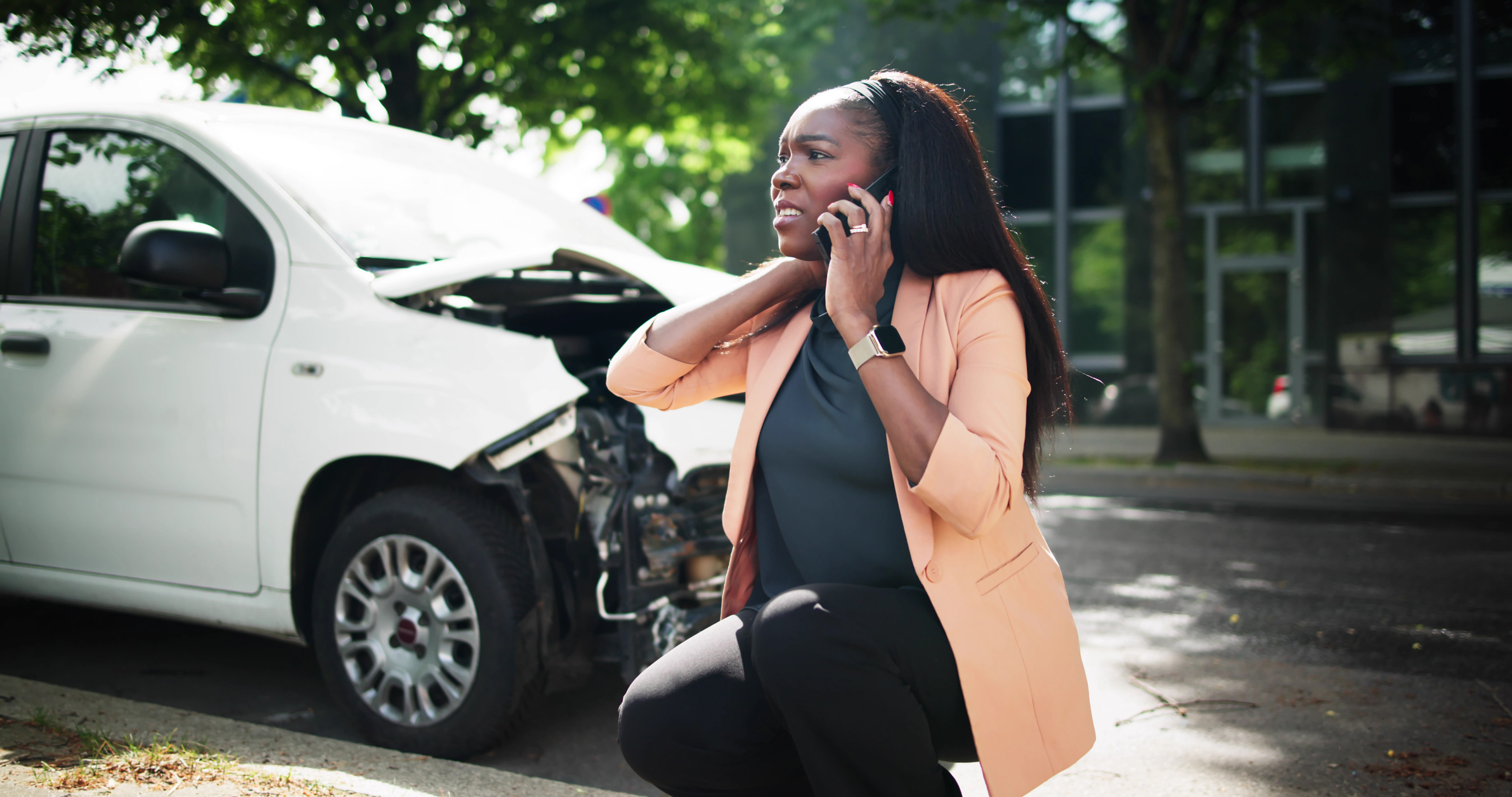Whether you’re traveling for business or enjoying a vacation, getting into a rental car accident can be overwhelming. Unlike typical accidents in your personal vehicle, rental car crashes come with added layers of complexity involving contracts, insurance policies, and third-party liability.
If you’ve found yourself in this stressful situation, knowing the right steps to take can make a significant difference in how your claim is handled and how quickly you recover damages. Here are some of the best steps to take following a rental car accident, according to expert car accident attorneys at Khamo Law:
1. Prioritize Safety
As with any car accident, your first priority should be safety. If possible, move the vehicle to a safe location away from traffic. Check for injuries and call 911 if anyone is hurt. Even if injuries seem minor, it’s important to seek medical attention, as some symptoms may appear later. (Be sure to obtain copies of your medical records, as they will be important if you need to file a claim.)
2. Call the Police
Always report the accident to the local police. A police report provides an official account of what happened and can be valuable when dealing with insurance companies or the rental car agency. Ask how to obtain a copy of the report for your records.
3. Document the Scene
Use your phone to take photos and videos of the damage, the surrounding area, road signs, and any injuries. Capture all vehicles involved, their positions, license plates, and the condition of the road. If there are witnesses, get their names and contact information.
4. Exchange Information
Collect the names, contact details, driver’s license numbers, license plate numbers, and insurance information from all drivers involved. Be sure to identify whether the other driver was also operating a rental car.
5. Notify the Rental Car Company
Call the rental company as soon as possible to report the accident. Most major rental agencies provide emergency numbers for this purpose. Follow their instructions regarding towing, repairs, or vehicle replacement. Some companies may require you to fill out an internal incident report.
6. Review Your Rental Agreement and Insurance Coverage
The rental agreement you signed may outline what steps you’re required to take after an accident. You’ll also want to determine what kind of insurance coverage you have. Coverage may come from:
- Your personal auto insurance policy
- Insurance offered by the rental company (like collision damage waiver or supplemental liability)
- A credit card used to rent the vehicle (many offer some form of rental car insurance)
Be aware that even with coverage, disputes over liability and responsibility for damages can arise.
7. Contact Your Personal Auto Insurance Provider
Even though you’re driving a rental, your own auto insurance may offer coverage, especially if you have comprehensive and collision policies. Let your insurer know about the accident, and provide them with all documentation.
8. Watch for Common Pitfalls
Rental car agencies are often quick to pass on repair costs, administrative fees, or “loss of use” charges. Don’t accept responsibility or sign anything admitting fault without fully understanding your rights. You have the right to seek legal advice before making any decisions.
9. Consult a Car Accident Attorney
Because rental car accidents can involve multiple layers of insurance, liability disputes, and unfamiliar policies, it’s wise to speak with an experienced car accident lawyer. An experienced lawyer can help protect your rights, negotiate with insurance companies, and ensure you’re not unfairly held responsible for damages you didn’t cause.
Final Thoughts
Getting into a rental car accident adds stress to an already difficult situation. By staying calm, documenting everything, and knowing your rights and responsibilities, you can better manage the aftermath. If you’ve been injured or are facing unexpected expenses after a crash, don’t navigate the process alone. Reaching out to a skilled car accident attorney can make all the difference in securing fair compensation and protecting your financial well-being.




No Comment